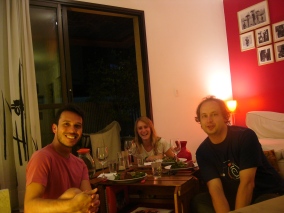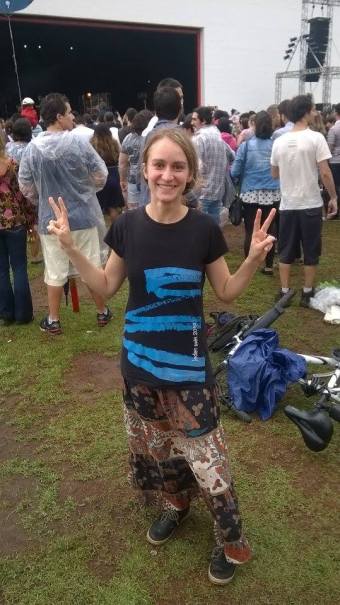It might seem from my blog posts and my facebook comments that since I came to Brazil, I have been living a life of eternal happiness, with no worries to disturb me. It is true that I’ve been having an amazing time on this exotic continent. I have a job that I absolutely love. At the same time I have enough free time to discover the wonders of this intriguing country. I have been meeting super nice and kind people who are always ready to help me. I have deeply fallen in love with Canario (who is a horse for those who haven’t read my story Getting off my high horse) and when the distance separated us (I moved to a new city in March this year), I found a new passion in the house of circus – acrobatics. If it wasn’t enough, I eat every day the most delicious exotic fruits which make me happy already just with the colourfulness. The sun is shining for about ten hours a day, people always smile and laugh. It is true, I’ve had a fairy-tale-like life. However,…
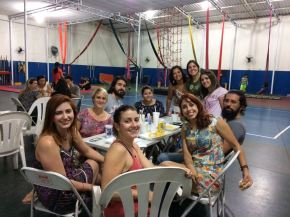
Even fairy-tales have a hidden part in their story… I have not written much about the downside of my stay in Brazil because once I felt down, the words just wouldn’t come. Now that my time in Brazil is heading to its end, I feel that I own to anyone who has been following my blog to give them the full picture of the fairy-tale. It is not to moan, complain or criticize. It is to show that life abroad isn’t always as easy and exciting as one might imagine.
One of the “issues” that I needed to deal with is that I am evidently a foreigner. Who doesn’t guess it from my appearance, knows it the minute I speak. Although my Portuguese is now good enough for fluent communication, my accent gives me away. That has great advantages and disadvantages at the same time. On one hand, I feel that people are even friendlier to me than they are to their fellow countrymen.I’m always the f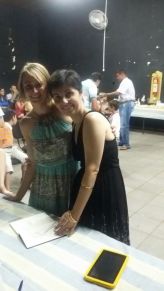 irst one to be offered help, explanation or guidance. At events, the guests that are the celebrity of the night take pictures with me and seem to be really happy that I talk to them. Once I went to an author reading and although there were five writers who just published their book, I was asked to read parts of it to the audience.
irst one to be offered help, explanation or guidance. At events, the guests that are the celebrity of the night take pictures with me and seem to be really happy that I talk to them. Once I went to an author reading and although there were five writers who just published their book, I was asked to read parts of it to the audience.
Thanks to this constant attention that is paid to me, I must say that I hardly ever feel lonely or deprived of human contact. On the other hand, this exact same attention has been also a source of some unhappiness that I experienced. Every single day I meet a new person. Whether it is in a supermarket, at university, in a theatre or on the bus, there is always always somebody new who realises I am not Brazilian and they are curious to know more about me. The conversation then goes like this:
“You’re not from here, are you?”
“No. I’m from the Czech Republic.”
“Oh really? That’s cool. What do you do here?”
“I teach English at UNESP.”
“Wow, that’s great. Your Portuguese is really good. How long have you been living here?”
…and it goes on for about five minutes….
It is sweet and I really really am grateful to all those who engaged in a conversation with me. But it is also tiring. If I count it, I have lived in Brazil for about 400 days. On some days, I speak with one new person, sometimes with three, five or even ten. I think that on average, it is about 3 new people each day which means that I answered exactly the same set of questions about 1200 times. At some point it really gets exhausting and I’ve been terribly longing for deeper conversations.
The second source of some sort of sadness is the indifference that I see around me towards culture. It is absolutely incredible how many free cultural events the city where I live offers. There are regular theatre performances, art exhibitions, concerts and so on. Free of charge, really! Yet the auditorium often remains half empty. Maybe the time of the events is not good for the too many-hours working nation, maybe the events are not sufficiently advertised. Or maybe there is simply lack of appreciation of the art. In either case, it’s been quite a struggle to find a company to those events and it’s not always fun to go, be and leave a play on your own.
Last but not least point to write about is the cultural difference. I think that most strongly I feel it at work and at public institutions. Imagine you need a document to be signed, for example. In Europe you find the person responsible for this. You go to their office, politely explain why you need it, ask them for help, get the help, you say “thank you” and you leave the office. It is a matter of about 5 minutes. In Brazil, however, things work differently. You find a person who can take the document to the person responsible for the signature. You go to their office and friendly ask how they are doing. If you know something about them, you ask some follow-up questions (for example, if you know they just came back from holidays, you must ask about it). If you don’t know anything about them, you mention the weather. You either say that it is extremely hot today or it is raining cats and dogs and you wait for their reply. You continue the small talk ideally for at least 5 minutes. Then you can finally explain why you came to see them. You kindly ask if they could take your document to the responsible person. They say they could and they ask you to wait. (No, you cannot leave and come back later.) You wait. In your waiting time, the person has a five minutes small talk with the responsible person. Then your document is signed. Most likely the person who took it to the other office will meet a friend in the corridor and will exchange a few words with them. If you are lucky, they meet only one friend so after about 10 or 15 minutes of your waiting, your document is in your hands and you can leave the office. You say “thank you” and you leave. It is a matter of about half an hour to have the document signed.
This was making me extremely impatient. At start I just felt that having a small talk with anyone I meet, was an incredible waste of time. I was focused on my task and wanted to have it done. Time for talking was after work. I can’t really say that I would get fully used to the Brazilian mode, but I started to appreciate it as much as dislike it. It is probably not the most efficient working pace, but it makes you feel more like a human being.
All in all, I think that Brazilians incredibly value personal relationships. It taught me a lot, it gave me a lot. Once again, I really do not want to complaint about it. Rather I hope I made a point that in order to be able to enjoy the country fully, I had to push my patience to its limits and give up on some of my views. It is not a bad thing. It’s just not an easy thing. And this is how it goes. Living abroad is great, but it is not effortless.





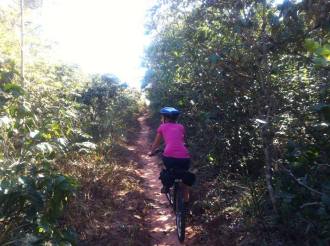



















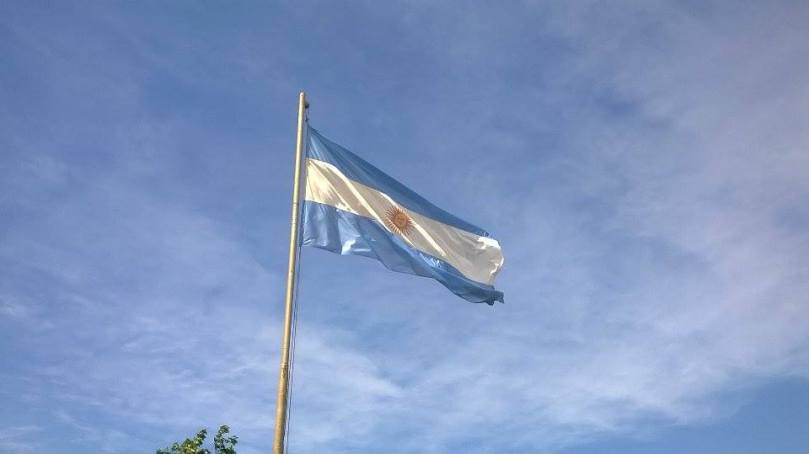







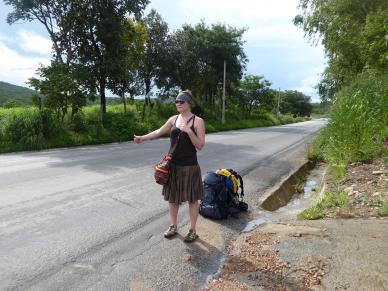





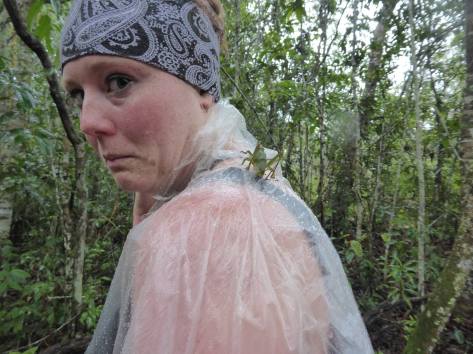
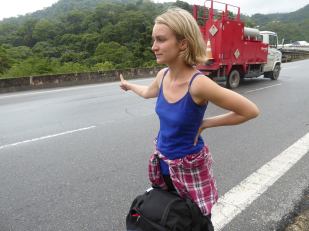



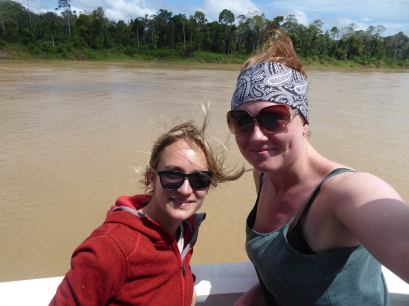
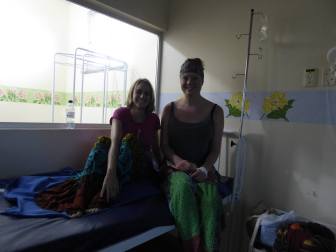
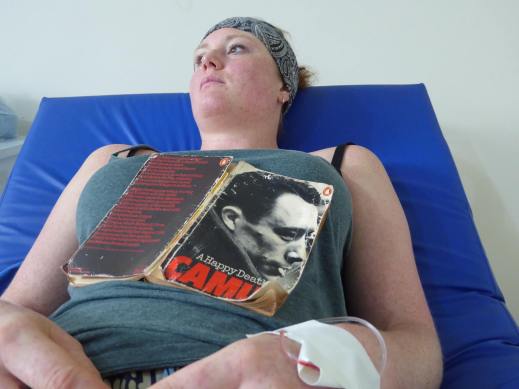
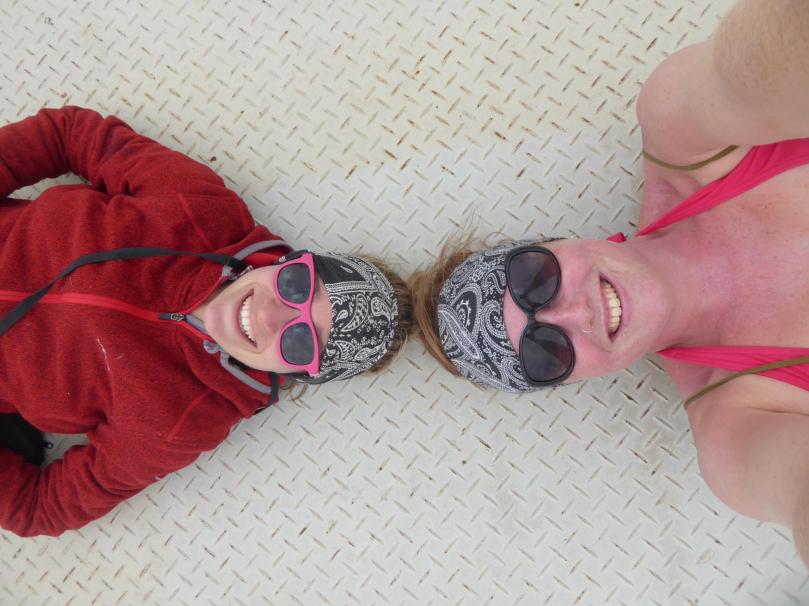 …
…


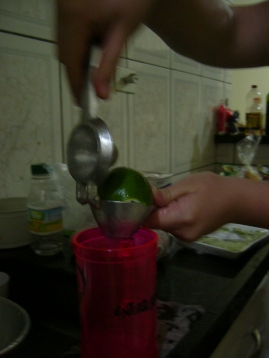

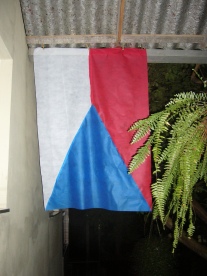
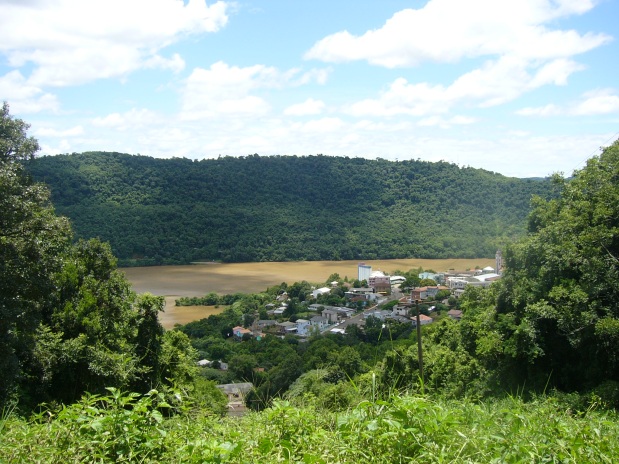
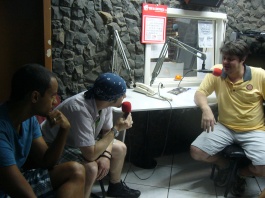
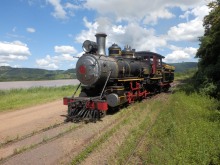
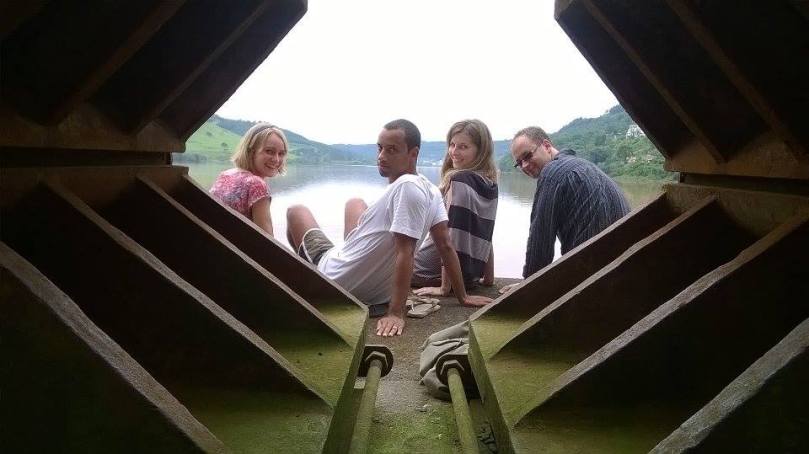
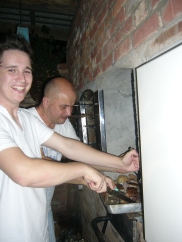
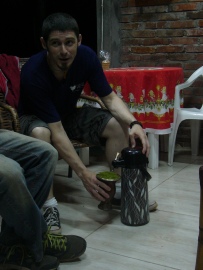
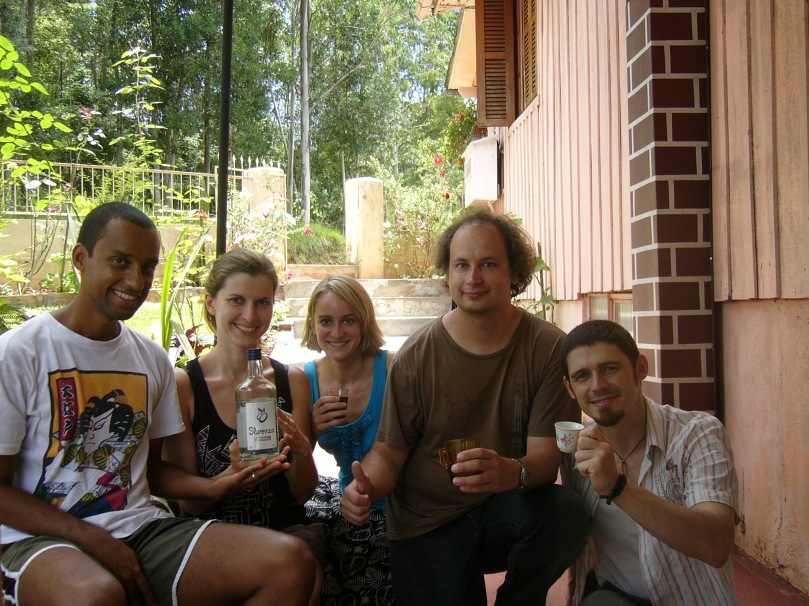
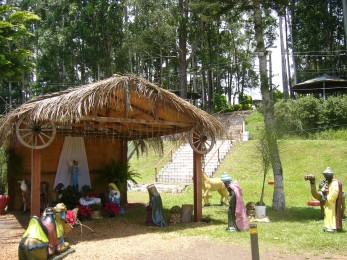
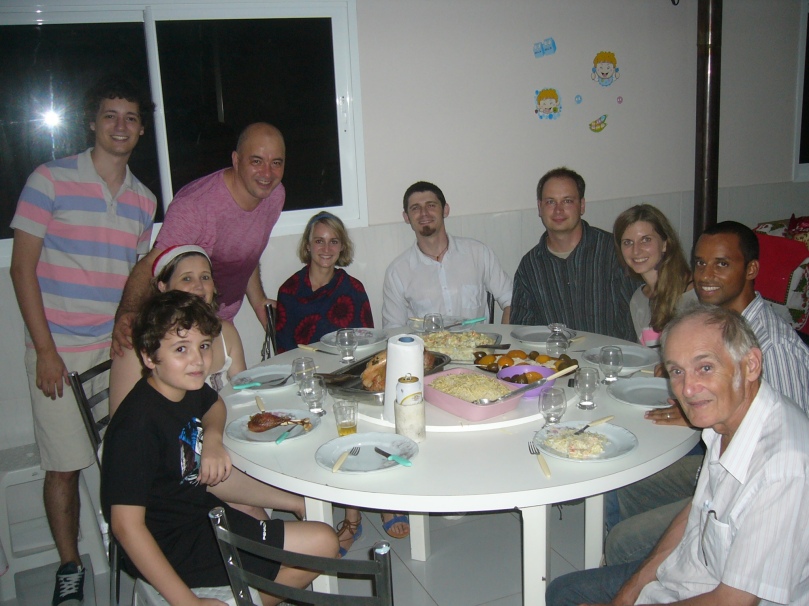
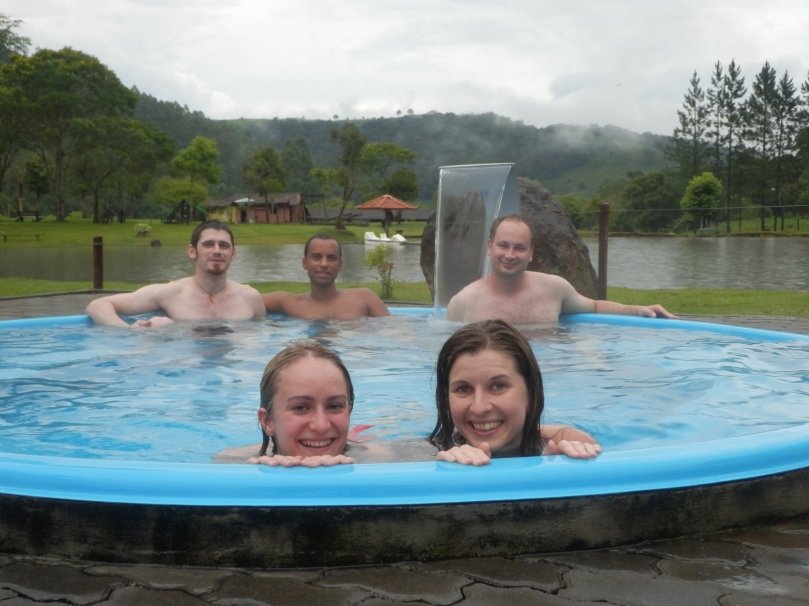
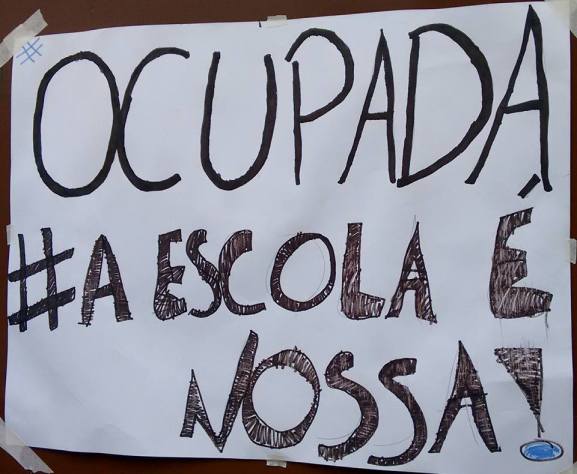
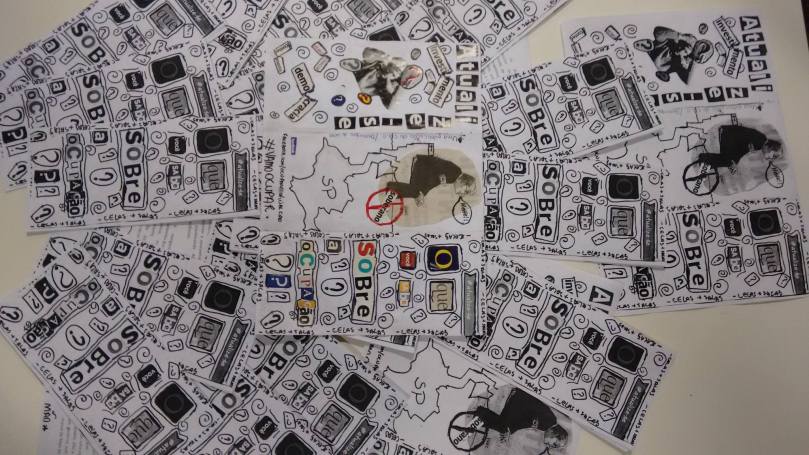
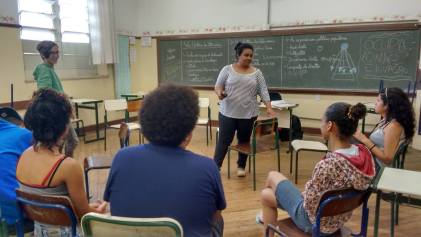
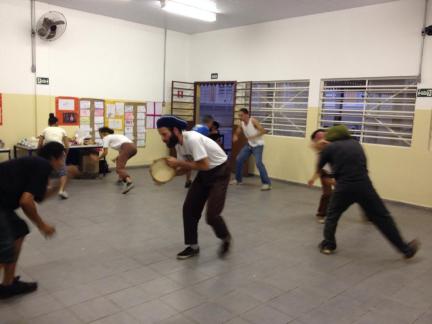






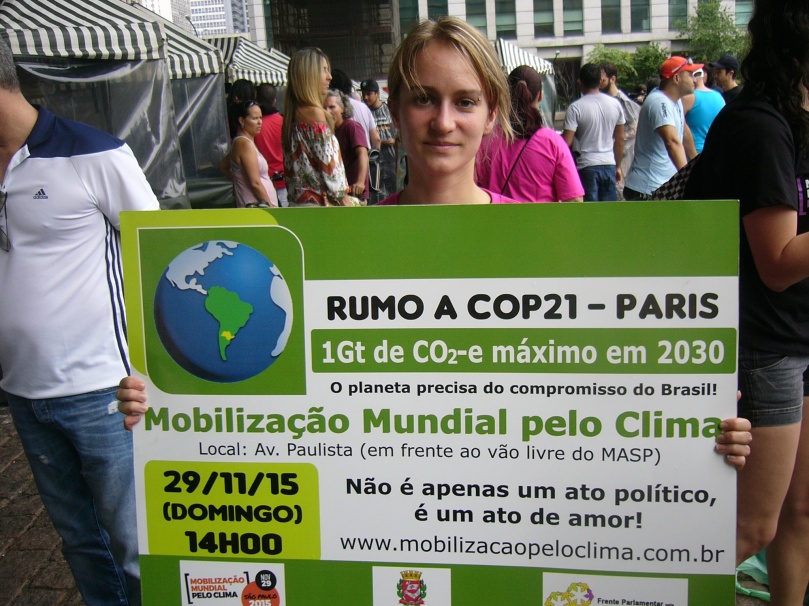

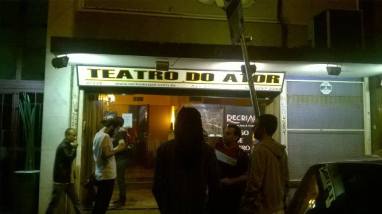
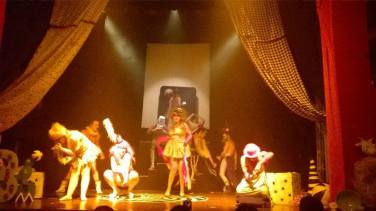
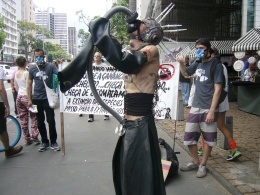
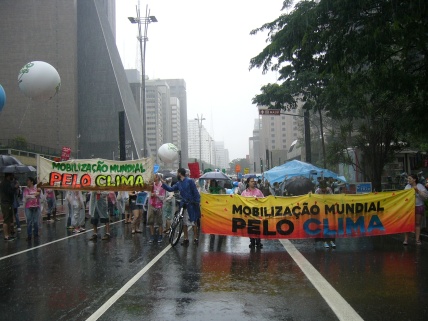
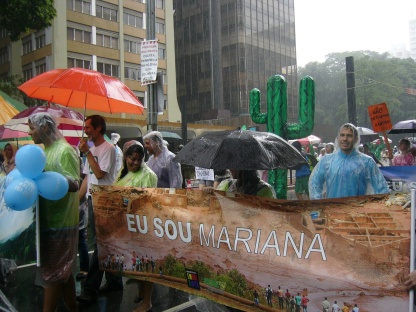
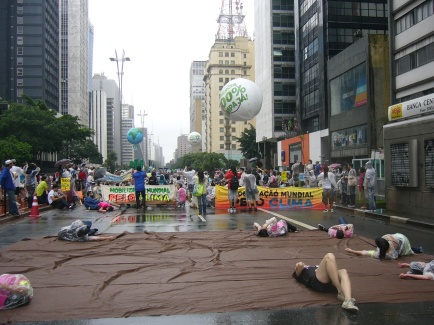
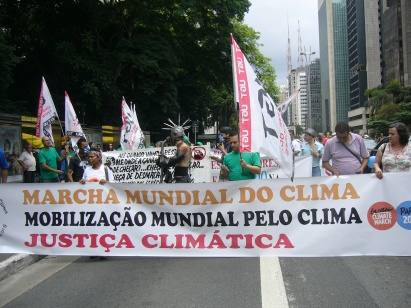
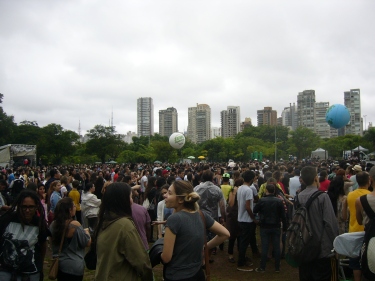

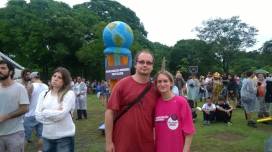 e of them was from the Czech Republic. The other was his Brazilian friend who invited us later on to his place for dinner, hot shower and shelter after I missed my bus again.
e of them was from the Czech Republic. The other was his Brazilian friend who invited us later on to his place for dinner, hot shower and shelter after I missed my bus again.